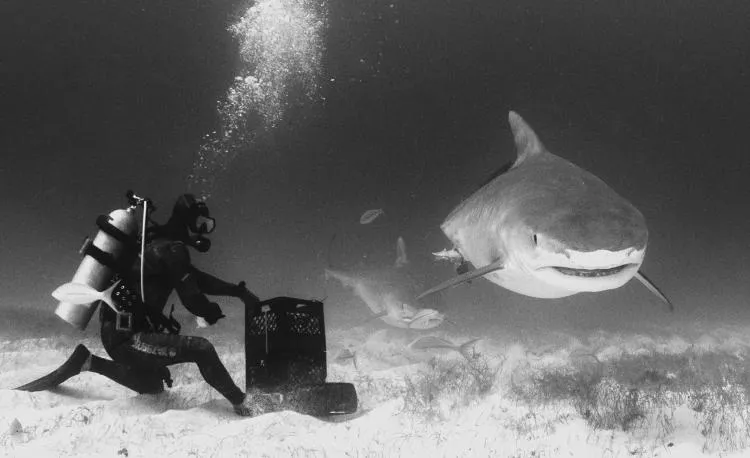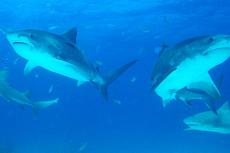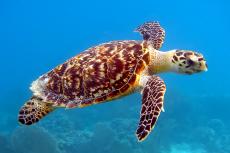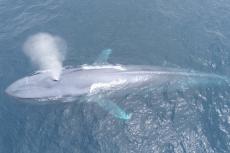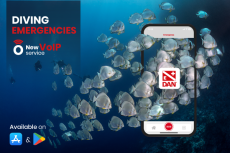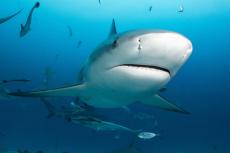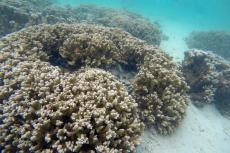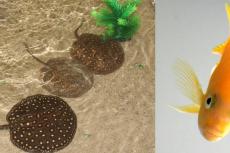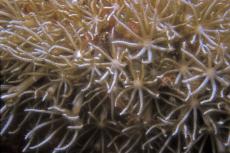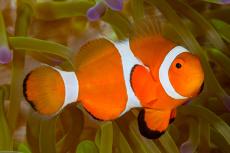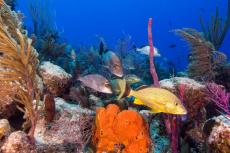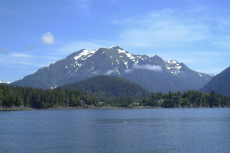Tiger sharks that interact with tourists are larger, study shows
Female tiger sharks that frequently visit Tiger Beach, a popular dive spot in the Bahamas, are larger and have higher hormone levels than other individuals of the same species that spend less time there, researchers find.
That feeding or attracting wildlife with food to enable better viewing opportunities by ecotourists (i.e. provisioning tourism) has the potential to alter the natural behaviour and physiology of animals has long been well established.
But how the physiological state of wildlife might be related to the nature and magnitude of these effects remains poorly understood.
However, as regards tiger sharks, a group of scientists in Brazil and the United States have discovered that females that frequent Tiger Beach in the Bahamas are larger and have higher hormone levels than other individuals of the same species that spend less time there. Tiger Beach is world-renowned for its tiger shark diving encounters, making it one of the premier dive destinations in the world.
Harmful or not?
The findings point to possible effects of mass tourism on these sharks but it isn't clear whether it is overall positive or negative.
“We can’t say whether tourism is or isn’t harming these animals, as we were unable to collect material for testing before and after interaction with divers, which would have been ideal. However, we now have a body of evidence that will be helpful for future evaluations,” said Renata Guimarães Moreira, second author of the article and supervisor of the study.
Cause or effect?
While more studies are needed to explore whether sharks are making these decisions because of their physiological state or whether spending more time at provisioning sites results in an altered physiological state, the findings highlight the importance of considering animal life stage, endocrine regulation and nutritional condition when evaluating the biological impacts of provisioning tourism.


